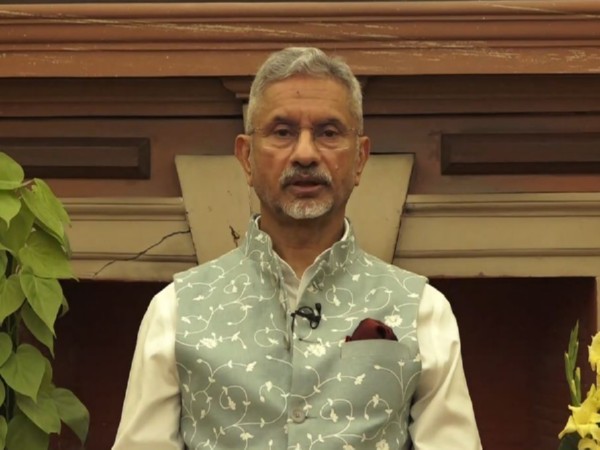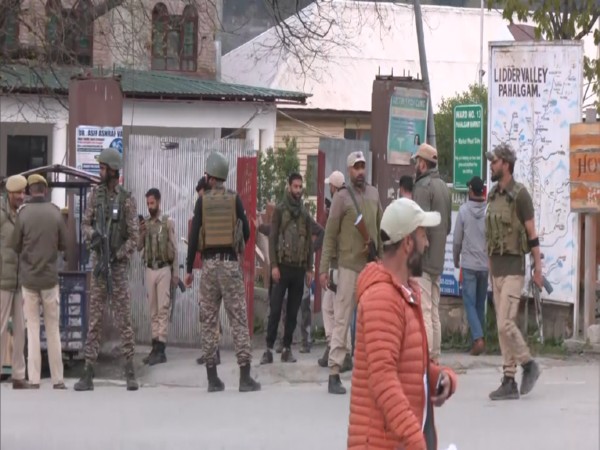Red Cross urges world to invest more in Afghanistan to save its healthcare system
Feb 04, 2022

Kabul [Afghanistan], February 4 : Amid ongoing humanitarian situation in Afghanistan, the International Committee of the Red Cross (ICRC) has called for greater investment in the country to save the Taliban-controlled nation's health care system and essential services.
The Taliban seized power in Afghanistan after the withdrawal of US troops from the country in August last year. Since then, the country has been gripped by a severe social and economic crisis, with its foreign assets frozen.
"Humanitarian organizations cannot effectively replace a functioning public sector, nor can they fully meet the needs of the Afghan population. States and the international community need to invest more in Afghanistan. This is the only way to prevent a total collapse of essential services like health care, education and other vital services," Eloi Fillion, the head of the ICRC delegation in Afghanistan, told Sputnik.
Describing the country's poor healthcare system, the head of the Red Cross said health facilities are extremely underfunded and thousands of them have been shut down or stopped functioning.
"One of the doctors in Kabul was telling me how they serve only boiled rice to their patients just because they don't have money to pay for more nutritious meals. In the past months, many health workers couldn't afford transportation to their hospitals or paying their rents because they didn't receive their salaries for 4 or 5 months. Even to get proper heating inside hospitals is a huge challenge," Fillion stated.
He told Sputnik that ICRC is discussing the economic revival of Afghanistan with the international community and will continue doing so.
"The ICRC leadership is in constant talks and discussions with State representatives who have influence on countries affected by conflicts and will continue to do so. During his recent intervention at the Afghanistan Economic Conference held on 19th of January, [ICRC President] Peter Maurer has welcomed progress on some restrictive measures that create a more enabling environment for humanitarian response," Fillion said.
The top official also noted that the ICRC maintains a constructive dialogue with the Taliban to provide humanitarian aid in the country.
"We have previously worked in IEA [Islamic Emirate of Afghanistan]-controlled areas for many years and we continue to have a constructive dialogue with them," Fillion explained.
Furthermore, he stated that the Afghan healthcare system is facing pressure from the COVID-19 pandemic, and only 10 percent of the country's population is fully vaccinated.



















